If you’re reading this, you’re probably looking for the right chess academy for your child—or maybe even for yourself. That’s a wonderful step. Chess is not just a game. It teaches focus. It builds patience. And it makes you think smart and plan ahead. It’s like giving your brain a workout while having fun.
Online Chess Training
Landscape of Chess Training in Belgrave and Why Online Chess Training is the Right Choice
Belgrave is a lovely part of Leicester. It’s full of families, parks, schools, and friendly faces. Kids here are bright, curious, and full of energy. Many parents want their children to be good at school and strong in life. And that’s where chess comes in.
In Belgrave, you might find some local chess clubs, maybe a few private coaches. They’re okay, but they come with limits. You may need to travel. Coaches might not be available at your time. And sometimes, the training isn’t very structured. It feels more like playing for fun, without real learning.
Now imagine this instead: Your child sitting at home, safe and comfy, learning from a FIDE-certified coach. The coach is not just strong in chess, but also trained in how to teach young kids. There’s a full plan for learning. A proper path. Each class builds on the last. There are real goals, and real growth.
That’s what online chess training looks like when done right.
It gives your child the best learning, no matter where you live. It saves time. It fits your schedule. And most of all, it makes your child feel excited to learn.
Chess is a deep game. It’s not just about moves. It’s about thinking. Online learning lets us use cool tools like chess boards on screen, live puzzles, and instant feedback. This helps kids learn faster and better. They can ask questions, try things out, and get help right away.
Also, in a place like Belgrave, finding top-level chess training in person is hard. But with online learning, your child gets access to the best—not just in the city, but in the world.
That’s why online training is becoming the top choice for smart families.
How Global School of Chess is The Best Choice When It Comes to Chess Training in Belgrave
Now, let’s talk about what makes Global School of Chess truly special.
We’re not just another chess school. We’re a full academy, with a proper system. Our coaches are FIDE-certified. That means they’ve been trained and tested. They don’t just know chess—they know how to teach it. That’s a big deal.
At Global School of Chess, we don’t believe in random lessons. We follow a clear curriculum. This means every student has a path—from beginner to expert. Each level is carefully planned. No guesswork. Just strong, steady progress.
We offer live classes, so your child is never alone. They learn in small groups or even one-on-one. This makes it easy for them to speak, ask, think, and grow. They feel seen. They feel heard. That builds confidence.
And it’s not just classes. We run online tournaments every two weeks. Yes—real tournaments, with real players from many countries. Your child gets to use what they’ve learned. They get to compete. They get better.
We also give progress reports. Parents always know how their child is doing. You’re not left in the dark. You see the journey, the wins, and the areas to improve. That gives peace of mind.
Many of our students start out shy or unsure. But in just a few months, they shine. They solve puzzles, win games, and speak with confidence. They learn more than just chess. They learn life skills—focus, patience, smart thinking, planning, and staying calm under pressure.
And here’s the best part: you can try a free class before signing up. No cost. No pressure. Just a chance to see the magic yourself.
We have students from over nine countries across four continents. But every child gets personal care, just like they’re our only one.
If you live in Belgrave and want your child to grow not just in chess, but also in life—Global School of Chess is your best bet.
Offline Chess Training
Let’s talk a little about how chess has traditionally been taught.
Offline chess training means learning in person—at a chess club, at a community center, or maybe even with a private coach who comes home. This has been the way for many years. And yes, it has its good points. Kids can meet face to face. They can play on a physical board. They might even make friends.
But the world has changed.
In places like Belgrave, Leicester, offline training usually happens at clubs or weekend meetups. Sometimes it’s after school. Sometimes it’s at someone’s house. These places are often run by local chess lovers—people who care about the game, but may not always be trained to teach it properly.
There’s usually no step-by-step plan. It’s often just games, some tips, and puzzles. It feels casual. That can be fun, but it also means kids don’t always get better in a clear way.
Also, parents often don’t know what’s happening. Did the child learn something today? Was the class useful? Was the teacher good? It’s hard to say.
And what if your child misses a class? There’s usually no recording. No notes. It’s easy to fall behind.
Let’s be honest: good offline coaching can be great—but it’s rare. And it depends too much on the coach, the location, and the setup. In Belgrave, this kind of training is limited. There aren’t many options. And the few that exist can’t match the power and structure of strong online coaching.
Drawbacks of Offline Chess Training
At first glance, offline chess classes seem warm and traditional. A board, a room, a coach, and kids playing face to face. That sounds nice. But when we look a little closer—especially through the lens of real learning—we see cracks in the system. Some of these cracks are small. Others are wide enough to stop a child from growing in chess.
Let’s unpack these one by one.
No Consistency in Quality
Offline training often depends on who is teaching and where. Some coaches are fantastic. But many are volunteers or hobby players with little teaching experience. Even among strong players, not all can teach kids well.
So the same city, the same club, can give two very different learning experiences depending on the coach present that day. This leads to gaps in learning and even confusion.
Actionable tip: If you’re running a physical chess club, set a standard teaching protocol. Create lesson plans that any coach can follow. This keeps quality consistent no matter who’s leading the session.
Time is Spent on Everything But Learning
Getting dressed. Traveling to the class. Waiting for others to arrive. Settling down. Waiting for the coach to explain the board setup—again. All of this eats away at real learning time.
In a one-hour offline session, actual focused chess learning might only happen for 30 to 35 minutes.
Compare that to an online class at Global School of Chess, where learning starts within 2 minutes of joining. Every second is structured. Every moment counts.
Actionable tip for parents: Ask how many minutes are spent on actual learning in your child’s offline class. If it’s less than half the class time, something needs to change.
Limited Feedback, No Record of Progress
Offline training usually happens with a coach watching several kids at once. Feedback is limited to what the coach happens to notice during the class. If your child quietly makes the same mistake week after week, it may go unnoticed.
Also, there’s no record. No class videos. No reviewable feedback. No game archive. Once the class ends, it’s gone.
Online training at Global School of Chess includes recordings, progress tracking, homework tasks, and personal notes. Parents know what’s working and what needs attention.
Actionable tip for businesses: Start tracking lessons digitally—even in offline setups. Have students log their games. Use tools like Lichess or Chess.com to store their progress. Provide parents with a monthly report.
Fixed Timing, Rigid Schedules
Offline classes usually happen once a week at a set time. Miss that class, and it’s gone. Life happens—sickness, holidays, family events. And when a child misses one or two classes in a row, they lose momentum. Sometimes they drop out altogether.
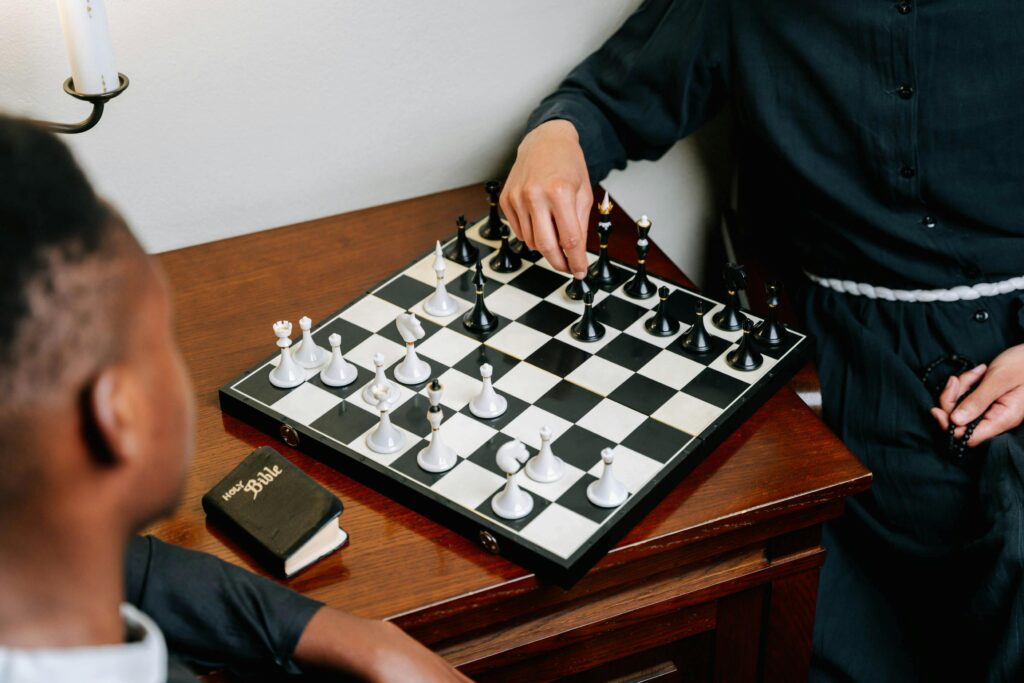
Online classes offer flexibility. At Global School of Chess, if your child misses a class, we can reschedule or even send a recording. Learning doesn’t stop.
Actionable tip: If you run an offline program, offer optional online catch-up sessions. Or record mini-lessons that absent students can watch anytime.
Peer Group is Too Small
In offline classes, kids often end up playing with the same 2-3 partners week after week. That’s okay for a while, but soon the child learns how their friend plays and just gets used to that style.
In our global online academy, students face new opponents in every session. Different countries. Different styles. Different strengths. This diversity accelerates learning and keeps every game exciting.
Actionable tip for coaches: Introduce a digital peer league for your offline students. Let them compete with kids from other schools or clubs online. It keeps things fresh.
No Data, No Decisions
Most offline programs don’t collect learning data. There’s no insight into how a student is doing over time. Parents don’t know if their child is improving or just attending.
At Global School of Chess, we track every student’s progress through performance data, quizzes, post-class tests, and game history. We use that to adjust their learning path.
Actionable tip for businesses: Add a simple tracking system. Use Google Sheets or a simple CRM. After every class, note what was covered and how each student responded. Over time, this builds a clear picture of growth.
Best Chess Academies in Belgrave, Leicester
You’re here to find out who’s the best at teaching chess in Belgrave. And we’re here to make that easy for you.
Let’s walk through the top five options. But let’s be honest—one of them stands out from the rest. You’ll see why.
Global School of Chess
Let’s begin with the one that’s changing everything.
Global School of Chess is not just the top chess academy in Belgrave. It’s one of the best in the world. And we don’t say that lightly.
Let’s talk about why.
We’re fully online, and that’s a strength. We don’t waste time. We don’t let kids slip through the cracks. Every lesson has a purpose. Every coach is trained. Every class is live and interactive.
What does that mean for you?
It means your child will be learning directly from a FIDE-certified coach who knows exactly how to teach. These aren’t just good players. They’re great teachers.
Our system is different. We have levels. Think of it like school—you don’t jump from counting to algebra in a day. Same with chess. We take kids from “What’s a rook?” all the way to “How do I trap a queen?”
We track every move, every game, every win. You get progress reports. You get personal feedback. You get real results.
Want your child to get better fast? We have online tournaments every two weeks. This builds confidence and skill. It helps your child play under pressure. And it’s a lot of fun, too.
We also believe in something bigger than chess. Our classes help children build life skills. Focus. Patience. Creative thinking. The power to plan ahead. These are things that help in school, sports, and everyday life.
You don’t need to travel. You don’t need to worry about safety. Your child learns from home—with world-class teachers.
And yes—you can try it for free.
Just click here to book a class: https://gschess.com/take-a-free-trial-class/
We teach students from over nine countries. But every single student gets personal attention. Every child matters to us.
When you pick Global School of Chess, you’re not just choosing a class. You’re joining a family that cares.
Leicester Chess Club
Leicester Chess Club is one of the older clubs in the area. They host some tournaments and offer casual meetups. It’s mostly aimed at adults, but sometimes kids join in too.
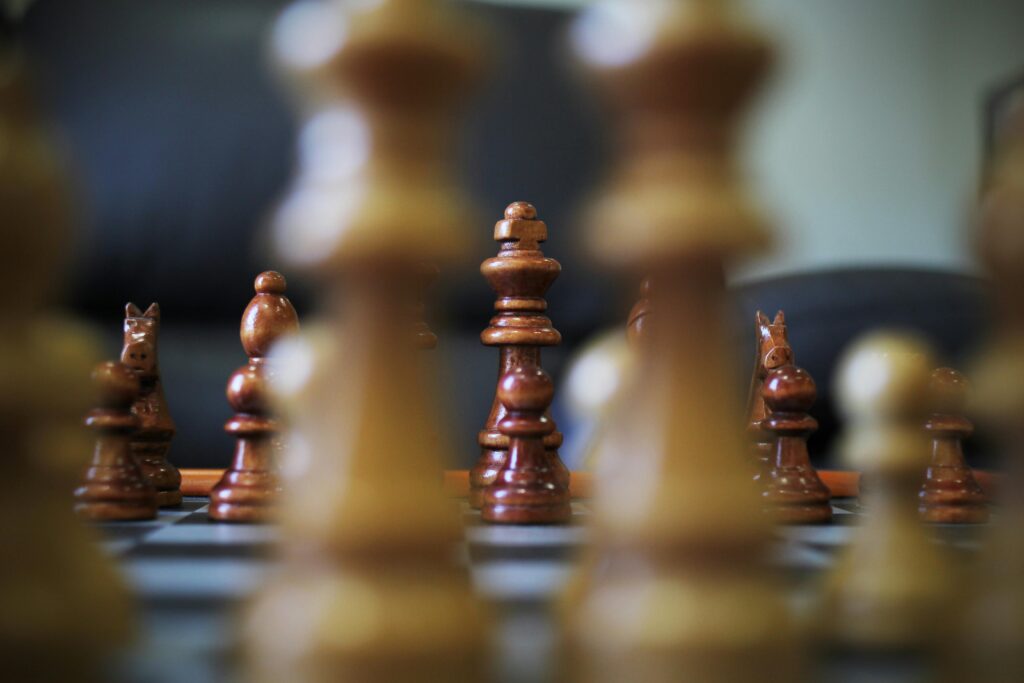
The setting is friendly. They play over-the-board games. But the training is not consistent. There’s no formal program for young kids. If your child is already strong and wants to just play, it could be a nice place. But for new learners, it’s not the best fit.
There’s no live tracking, no progress reports, and no fixed lessons. Plus, everything depends on who shows up on the day.
Unlike Global School of Chess, they don’t offer one-on-one coaching or regular structured classes.
Charnwood Chess Coaching
Based in nearby Loughborough, Charnwood Chess Coaching offers group lessons and some private classes. They’re run by chess enthusiasts who care deeply about the game.
They do have experience with schools and have helped some students prepare for competitions. But they are mostly offline. Classes happen in person and often in schools, so they aren’t flexible with timing.
They don’t have a big online presence or a set curriculum that parents can follow. So if you’re looking for something from home with full structure, this may not meet your needs.
Leicester Junior Chess Club
This club is more focused on kids. That’s a good thing. They meet regularly and offer chances for children to play and learn in a fun way.
However, their reach is still local. They don’t have a wide coaching staff. And like most offline clubs, there’s no learning path. Kids just show up, play games, get some tips, and go home.
For families who want deep learning and real progress, this setup feels limited. Compared to Global School of Chess, it lacks consistency, flexibility, and advanced training.
Private Chess Tutors in Leicester
You can find a few chess tutors in Belgrave or nearby. Some of them are decent players. They may offer one-on-one sessions at your home or online.
But again, there’s no system. No tournaments. No peer group. No regular tracking. And often, no formal teaching background.
Tutoring can work for some, but without a full academy backing it, the results vary a lot.
Why Online Chess Training is The Future
The world has changed—and so has learning. Today, we do so many things online. We shop. We talk. We learn. And now, we play and master chess online, too. But it’s not just about using a computer. It’s about learning in a smarter, faster, and better way.
Online chess training is not just a trend. It’s the future.
Why?
Because it fits modern life. Families are busy. Kids have school, hobbies, and activities. You don’t want to drive across town for a 45-minute class. You want something that comes to you. That’s what online chess does.
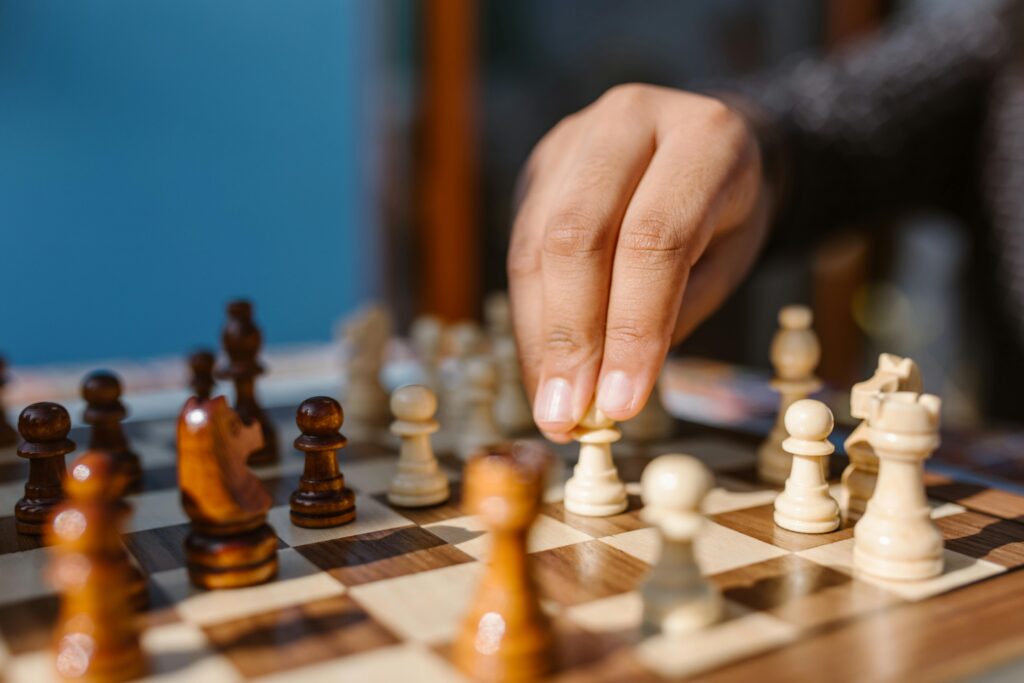
But more than that—it gives your child the best.
When you join an online chess academy like Global School of Chess, your child gets access to top coaches, not just the local ones. That’s a big deal. The world’s best teachers are just one click away.
Online training also uses smart tools. Boards that light up. Puzzles that respond. Moves that get instant feedback. It’s like having a coach who can see every little mistake and help your child fix it right away.
And when learning is fun and interactive, kids stay interested. They come back excited for the next class. That’s when real growth happens.
Also, online chess breaks all limits. Your child plays against kids from other cities, other countries, other styles. They learn more, and faster. They grow confident and strong.
With the right setup, online training also gives you reports, practice homework, and live support. You’re not guessing how your child is doing. You see it clearly.
And think about this—when your child gets better at chess, they get better at life.
They learn to think before they move. To plan. To stay calm. These are things that help in school, in tests, in everyday choices.
That’s why smart families everywhere are choosing online training. It’s not just more convenient. It’s more effective.
How Global School of Chess Leads the Online Chess Training Landscape
When you look closely at the online chess world, you’ll find that many schools simply bring traditional teaching onto Zoom. They add a webcam, use a digital board, and call it a class. But that’s not transformation—that’s just relocation.
At Global School of Chess, we built our academy from the ground up for online. That means our learning isn’t just “delivered” online—it is designed for online.
That’s a game-changer.
Let’s walk you through what makes us different—and what makes us better.
We Use Real Curriculum Science
Every lesson at Global School of Chess is built using learning science. We use spaced repetition, progressive challenge levels, and instant reinforcement. This means your child learns in a way that sticks.

We don’t overload with too many ideas in one class. We build strong habits slowly and surely. This keeps kids from getting overwhelmed and builds real confidence.
Actionable tip: If you’re an educator or coach, start small. Don’t try to cover 10 ideas in one go. Focus on one concept per session. Teach it. Test it. Then build on it in the next class. That’s how mastery is created.
Learning is Not Passive—It’s Fully Interactive
Most online classes are lectures. Ours are conversations.
Every student in a Global School of Chess class is engaged. They’re answering questions, solving puzzles, explaining their thinking. This keeps their brain active and alert. It also helps coaches track who’s following along and who needs extra support.
We also include “Play-Think-Talk” moments. First students play a position, then think deeply, then explain their reasoning aloud. This strengthens both logic and communication.
Actionable tip: If you run online sessions—chess or otherwise—build in checkpoints. Pause. Ask questions. Get students to say what they see. Interaction builds retention.
We Blend Structure with Flexibility
Some kids learn fast. Some take their time. At Global School of Chess, we adjust to both.
Our core path is structured—every student starts with an evaluation and is placed in the right level. But we also have extra practice rooms, challenge problems, and peer matches. That way, fast learners aren’t held back, and slower learners aren’t rushed.
We don’t force kids to fit the plan. We make the plan fit the child.
Actionable tip: Parents, always ask your coaching service: “What’s your plan if my child learns faster—or slower—than others?” If they don’t have an answer, that’s a red flag.
We Go Beyond Chess With Soft Skills Training
We don’t just teach forks and pins. We use every game as a way to build patience, pattern recognition, emotional control, and focus.
For example, when a child loses a game, we don’t just say “try again.” We ask, “What did you learn?” and then “What would you do differently next time?”
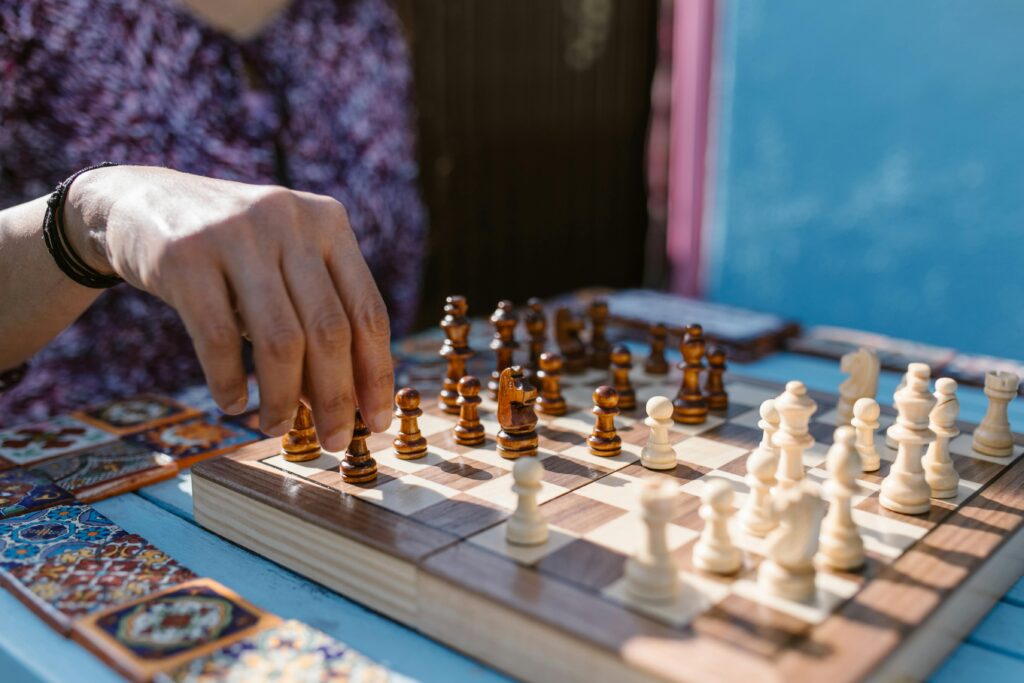
This helps them reflect and grow. They learn how to stay calm, how to recover, how to think under pressure—life skills they’ll use in school and beyond.
Actionable tip: Turn mistakes into learning points. Instead of saying “That was wrong,” say “Interesting—what happened there?” This helps children learn without shame.
We Create Global Peer Networks
In offline classes, your child meets 2 or 3 kids. That’s it.
At Global School of Chess, your child meets chess lovers from different cultures, different countries, and different styles. They learn faster because they see how others think.
It’s not just a class—it’s a community.
This also boosts your child’s confidence. They feel part of something bigger. They’re not just learning—they’re connecting.
Actionable tip: In any online education program, create community spaces. It could be a forum, a group challenge, or regular peer games. Learning with others is more powerful than learning alone.
We Are Always Listening
We ask for feedback. We update our methods. We try new ideas. That’s how we stay ahead.
Parents share what’s working and what’s not. Students tell us what’s fun and what’s boring. Our team reviews every class recording weekly to look for ways to improve. That’s a deep level of care.
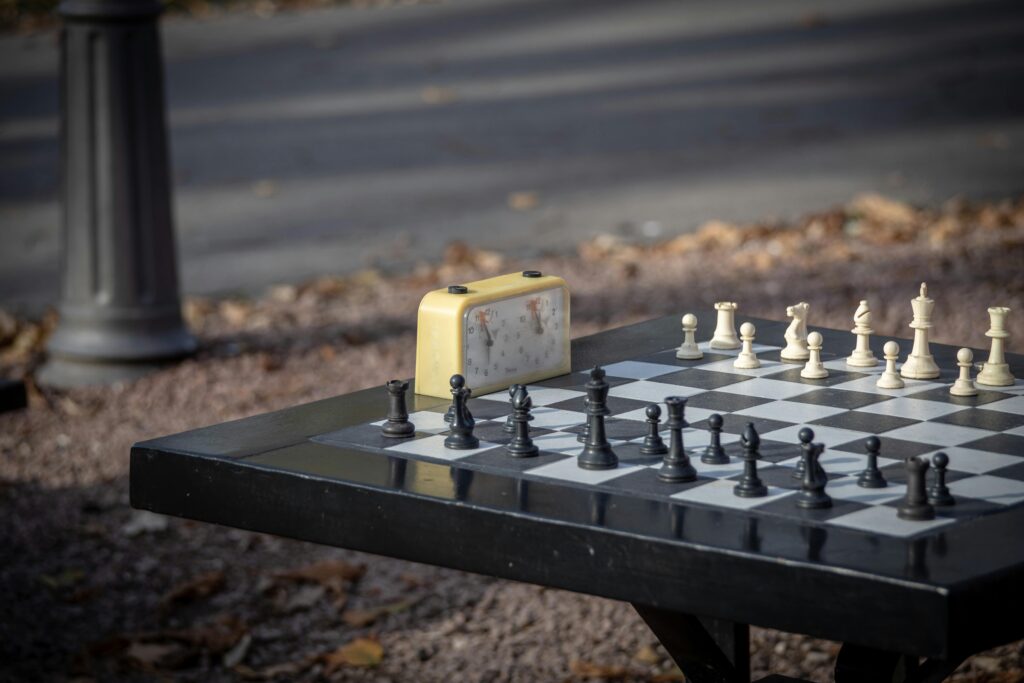
Actionable tip: Businesses—don’t be afraid to review and tweak. Don’t aim for perfect. Aim for better, every week.
Wrapping It Up
Choosing the right chess academy isn’t just about finding a class. It’s about giving your child a head start in life.
In Belgrave, Leicester, there are some good options for chess training. You’ll find local clubs, kind tutors, and a few group setups. They have heart—but often lack structure, consistency, and long-term results.
That’s where Global School of Chess stands out.

